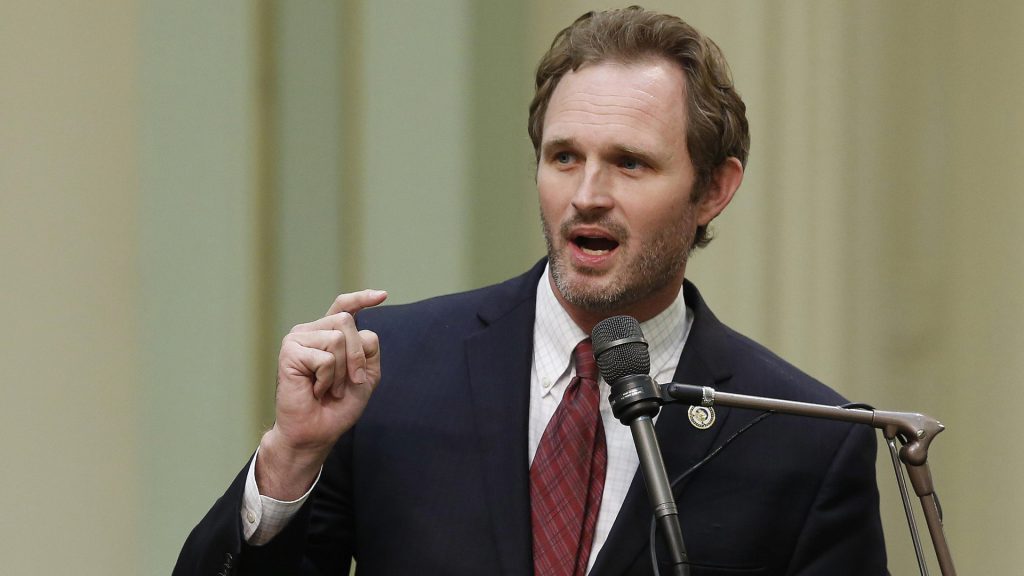GOP leaders are demanding accountability in response to an audit that revealed California’s allocation of approximately $24 billion towards homelessness crisis in the last five years. The audit uncovered a lack in consistent tracking, raising questions about the efficacy of this significant public expenditure.
Programs For Homelessness
The audit found that the California Interagency Council on Homelessness (Cal ICH),

Which is responsible for coordinating agencies and allocating resources for homelessness programs, stopped monitoring programs back in 2021.
Collect And Assess
In addition to this,

the audit revealed that the council failed to collect and assess the outcome of the data from the programs due the the lack of standardized methodology.
Invested Funds
Despite the substantial investments that were made for homelessness and housing programs from 2018-2023,

the state auditor’s report indicated that the issue persisted in numerous cities without significant improvement.
The Blame
James Gallagher a California Assembly Republican Leader placed the blame solely on the Newsome administration,

No one else.
Homeless Crisis
He said,

“Californians are tired of the homeless crisis, and they’re even more tired of Gavin’s excuses. We need results – period, full stop.”
Statement
Gallagher said in a statement to Fox News Digital,

“This is standard Gavin Newsom – make a splashy announcement, waste a bunch of taxpayer money, and completely fail to deliver.”
Troubling
Roger Niello, a Republican state Sen. called the audit “troubling”

but expressed to Fox News Digital he “wasn’t terribly surprised.”
Issue
He said,

“The one issue I had with the audit was that the focus was mostly on housing and shelter issues, which is certainly important, but really very little about actual results, getting people out of homelessness, not just into shelter.”
Disappointment
He continued with,

“That’s sort of half the job, maybe not even quite half the job. And, so that was a little bit of a disappointment.”
Quality Of The Data
Following a visit to a homeless encampment in San Jose, Dave Cortese, a Democratic state Sen.

Highlighted the need for comprehensive data quality and more transparency in both state and local governance.
Investments
He said,

“Unfortunately, there is a balkanized approach to data collection and outcomes, with no centralized system for tracking our investments.”
Audit
Went on to say,

“This audit underscores the urgent need to establish best practices and create a blueprint for how the State of California and our cities can address our most visible challenge.”
“Genuine Political Bravery”
In California’s United States Senate race, former MLB All-Star Steve Garvey, now Republican candidate running against Rep. Adam Schiff in California’s U.S. Senate race,

Highlighted the need for “genuine political bravery” to enact crucial reforms.
Since Day One
“Since day one, I’ve advocated for a federal audit of California’s homelessness crisis,” he said. “I’m glad that the state has done this,

but now we need real political courage to make necessary changes. Our unhoused people and our taxpayers deserve real results, not more failed policies.”
Date Enhancements
Although the audit findings were noted,

Cal ICH stated that improvements in data collection have been initiated following the enactment of AB 977 on January 1, 2023.
Legislation
The law requires that recipients of state-funded homelessness initiatives must input specified data points about individuals and families into their respective local Homeless Management Information System (HMIS).

Hopefully creating a more consistent and transparent paper trail of the allocation of funds.
Cal ICH
Cal ICH said,

“The Council continues to improve its ability to ensure that taxpayer dollars are spent judiciously and effectively, including by providing technical support to local jurisdictions to help align data standards and reporting.”
Accountability
Still,

Cal ICH is pushing the blame on local governments, arguing that these municipalities must be held more accountable as they are the ones “primarily responsible for implementing these programs and collecting data on outcomes that the state can use to evaluate program effectiveness.”






